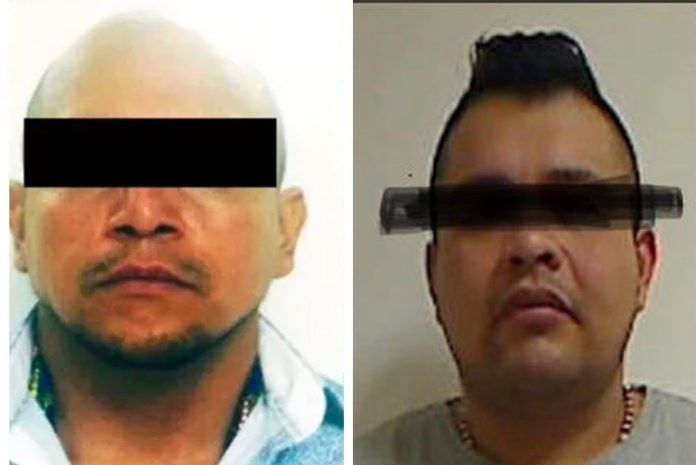Federal agents have arrested the leaders of the Unión de Tepito and Fuerza Anti-Unión criminal organizations in Mexico City.
The Criminal Investigation Agency arrested Pedro Ramírez Pérez, the leader of the former, and Jorge Flores Concha, head of the rival Fuerza Anti-Unión.
Both men face charges that include homicide, kidnapping, extortion and drug trafficking. Ramírez also faces sex trafficking charges.
Ramírez took control of the Unión de Tepito last October after the arrest of the former leader. Based in the central neighborhood of Tepito, it is one of the largest and most feared criminal organizations in the country’s capital. Its activities include extortion of restaurants and bars around Mexico City, as well as drug sales in neighborhoods like Roma, Condesa, Zona Rosa and Polanco.
Flores, a lifelong criminal who has been sentenced to prison four times, founded the Fuerza Anti-Unión in December 2017 after members of the rival gang kidnapped and killed his younger brother. Authorities believe the conflict between the two groups is one cause of rising violence levels in Mexico City over the past year.
Flores is also believed to have been the intended target of a deadly shooting at Plaza Garibaldi last September.
